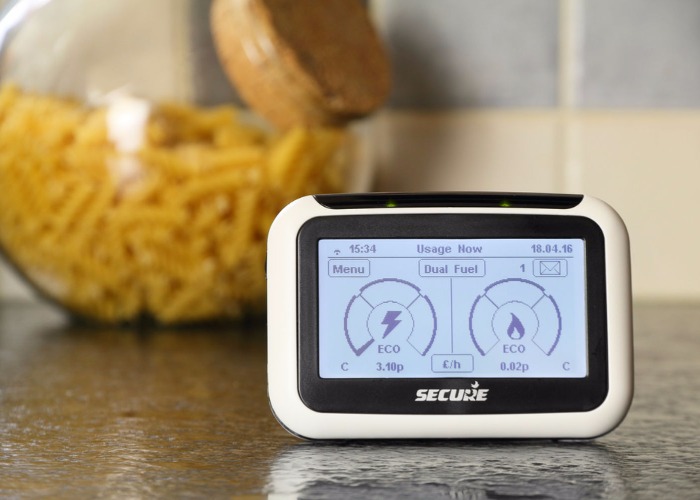Energy bills: millions still unconvinced by smart meters

Government under fire for underwhelming rollout of smart meters, having done a poor job of highlighting the benefits.
Households across the UK have not been convinced of the benefits offered by smart energy meters.
That’s the conclusion of the Public Accounts Committee (PAC), the Government’s spending watchdog, which has dug into why the rollout of the meters has been so mediocre.
The Government has repeatedly pushed back its deadline for getting smart meters into homes across the country, with its current target now for three-quarters of homes to have the meters installed by 2025.
And according to the PAC report, a big factor in the disappointing performance against that target ‒ just 57% of households have a smart meter currently ‒ has been that normal people remain unconvinced about why they should get one.
So what are the main reasons so many people are unconvinced by smart meters?
And is holding off on installation a sensible move?
1. They won't save you money automatically
One of the big selling points for smart meters, and the way they have been pushed over the years, is the potential to save you money on your energy bills.
And it’s true that they could do that, but I’m not sure it’s always been made that clear that these savings are reliant on you subsequently making changes to your energy use.
If you continue using energy in exactly the same way, then whether you have a traditional meter or a prepayment meter doesn’t make the slightest difference.
The true value of the smart meter is that it shows you how you are spending energy ‒ and therefore money ‒ putting you in a more informed position around the changes you could make.
But if you don’t put that information to use, and make those changes, then you will have gained absolutely nothing.
How to save money on your energy bills
|
PROMOTION
|
||
|
2. They don’t work
Another dent in the appeal of smart meters comes from the fact that they don’t work.
Or rather, the first generation of meters doesn’t work if you happen to switch energy suppliers.
Meters going ‘dumb’ in this way, to the point that they no longer share information with the supplier and necessitate you sending a reading manually, has obviously impacted the level of confidence people have in smart meters.
If you have had a meter put in place, and have ended up having to take over the functions of that meter because it couldn’t deal with you moving to a new supplier, then it’s little wonder if you aren’t convinced by the technology.
According to Government figures around one in 10 meters weren’t working properly earlier this year, not exactly a ringing endorsement for smart meters.
In fairness, this has been less of an issue with later generations of smart meters, but for some households clearly the damage has already been done.
3. Suppliers cutting off your energy supply remotely
Another factor in the scepticism towards smart meters comes down to how energy suppliers have taken advantage of them in the midst of the energy crisis.
It’s not exactly a huge shock that over the last few years a significant number of households have fallen behind on their energy bills.
The reality is that the big increases in costs on so many of our regular outgoings have put budgets under pressure, to the point that in some cases people have fallen behind with some of those bills.
When you are behind on your energy bills, then your energy supplier may want to move you from a traditional meter to a prepayment meter, meaning you have to pay upfront for the energy you want to use.
In prior times, doing so would mean informing you of that change, and then having to get access to your home.
You’d have to be fully up to speed on what’s happening.
However, with smart meters, energy suppliers were able to flick a switch and move households onto prepayment deals.
And unfortunately, we know that last year an awful lot of suppliers were a bit too trigger-happy in doing so, leaving households unexpectedly facing this costlier way of paying for their energy.
Given the behaviour of energy suppliers around the prepayment switches, it’s no wonder that plenty of people are unwilling to hand such power to their suppliers.
How prepayment, credit and smart energy meters work
Being smart about energy
It would be wrong to suggest that smart meters are a lost cause.
Not only do they provide you with useful information about your energy use, they also open up access to additional tariffs.
That hasn’t been all that useful over the last few years given the state of the energy market, but is likely to become more compelling as the market continues to improve.
Similarly, the schemes run over the last two winters, where households are able to get paid by their energy suppliers for shifting their energy use into off-peak hours, are only open to those with a smart meter.
But right now, for millions of households, that simply isn’t enough.
Clearly, there’s a lot of work to do to convince people that smart meters are worthwhile.
Comments
Be the first to comment
Do you want to comment on this article? You need to be signed in for this feature
